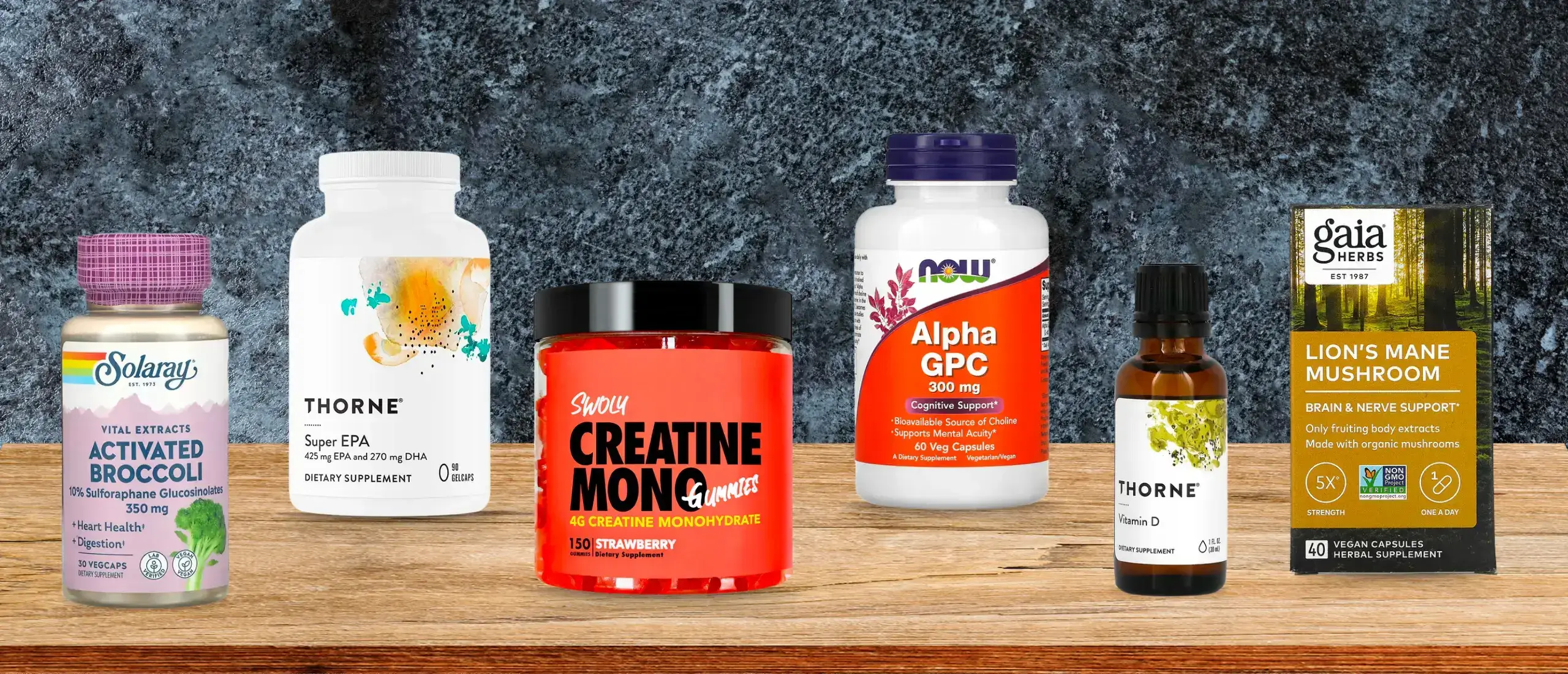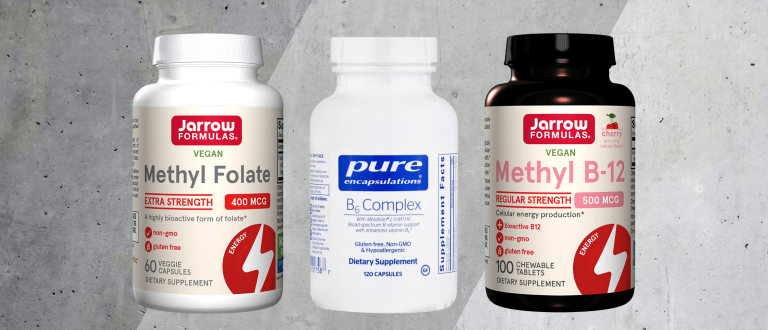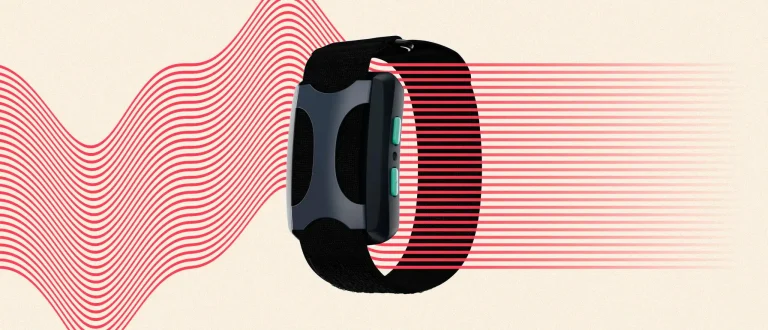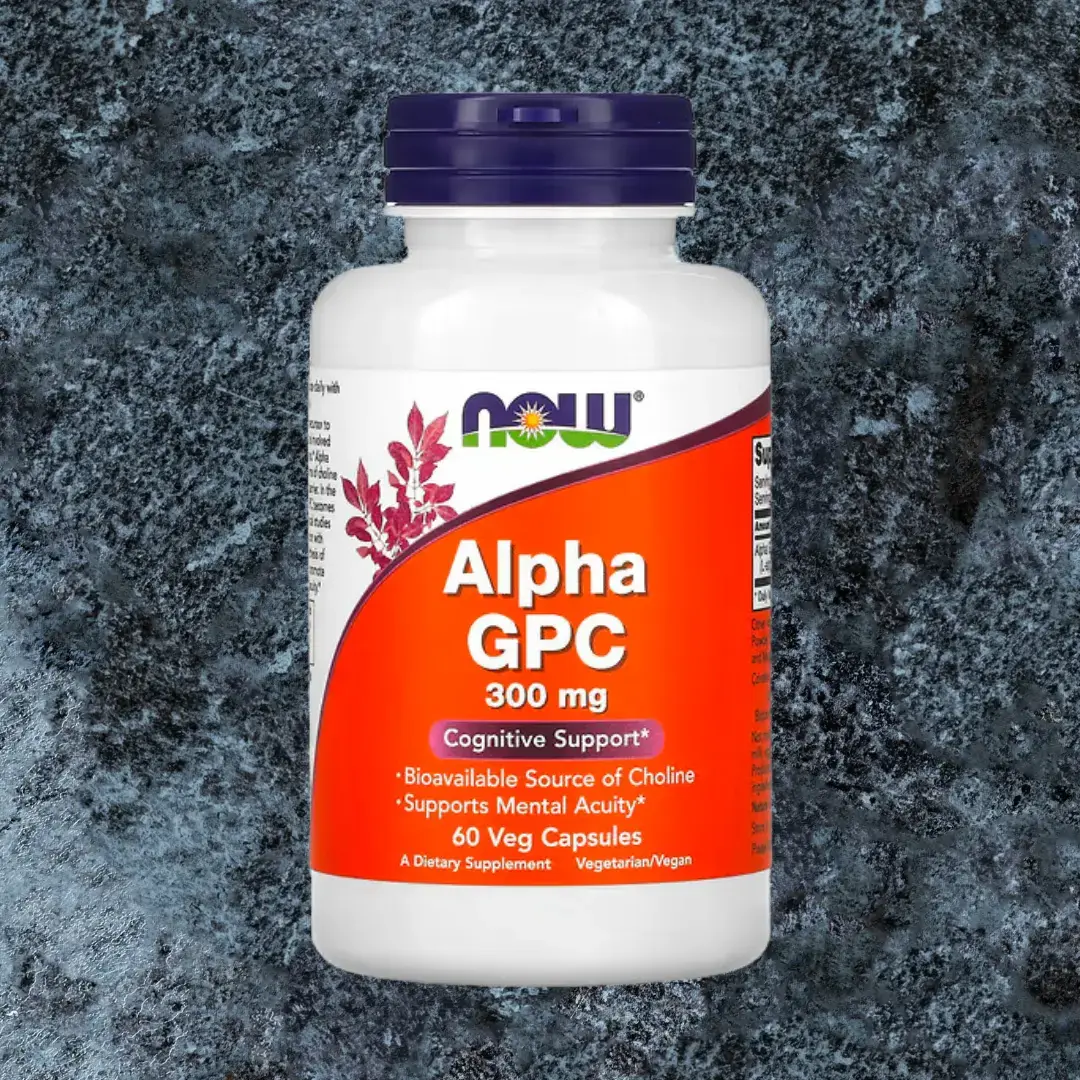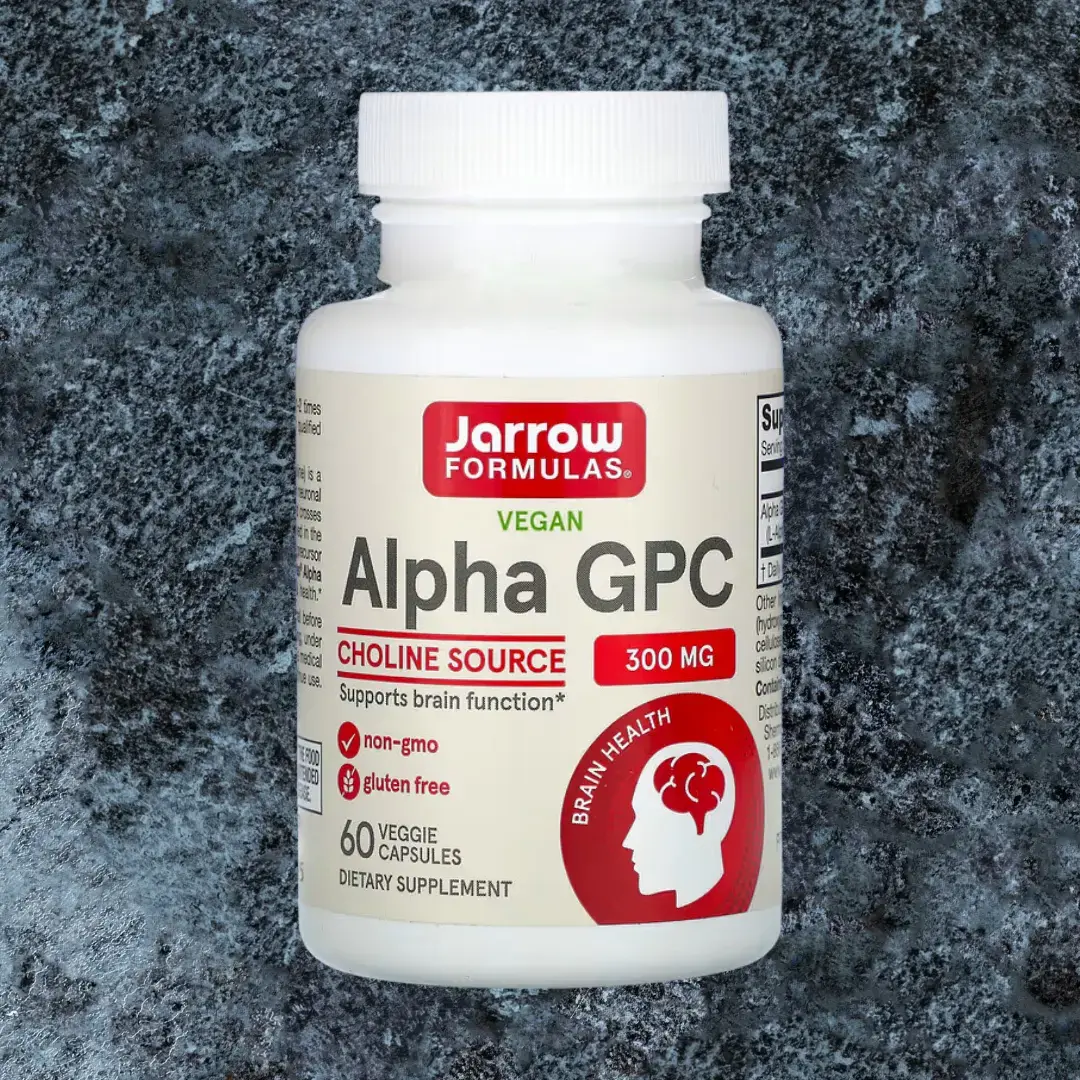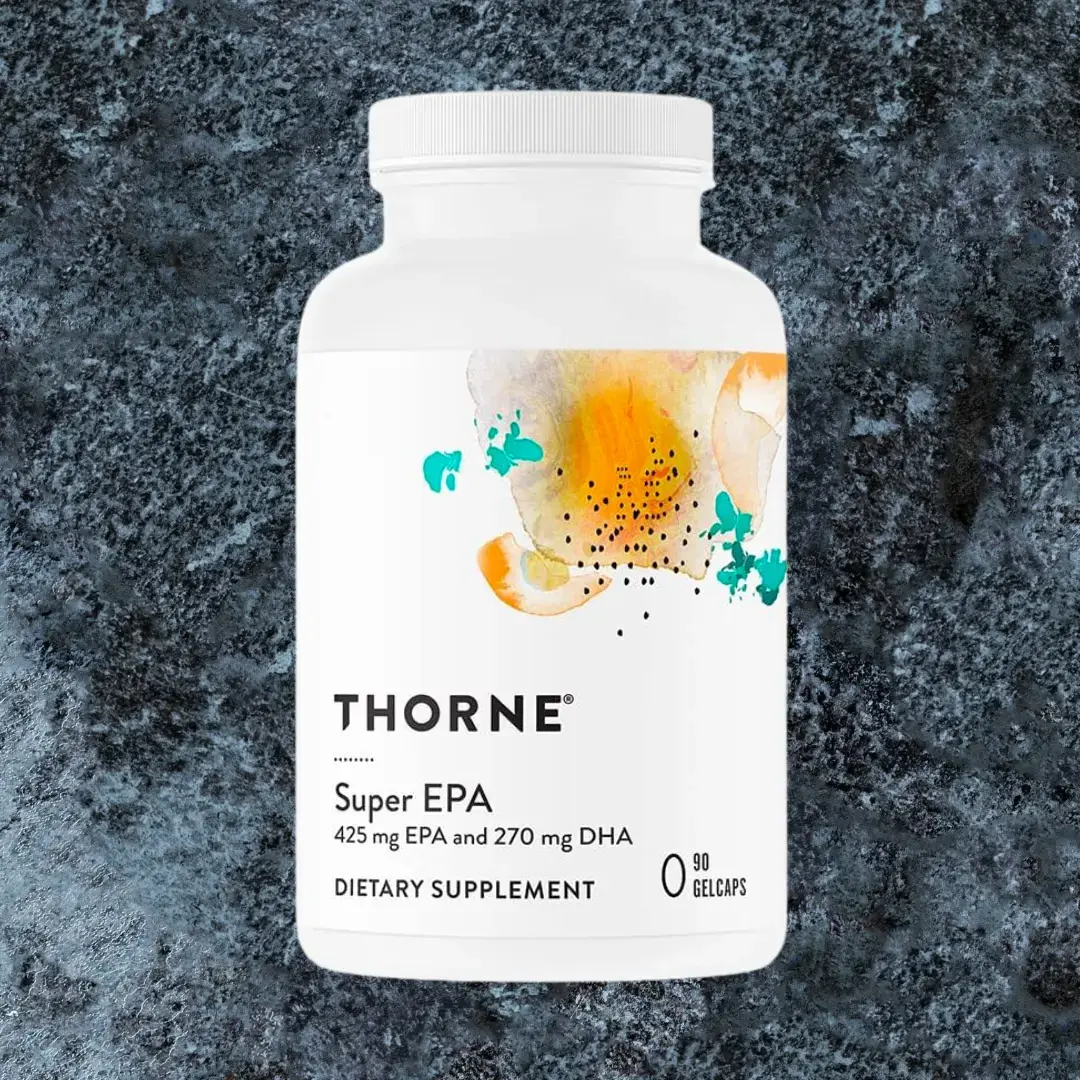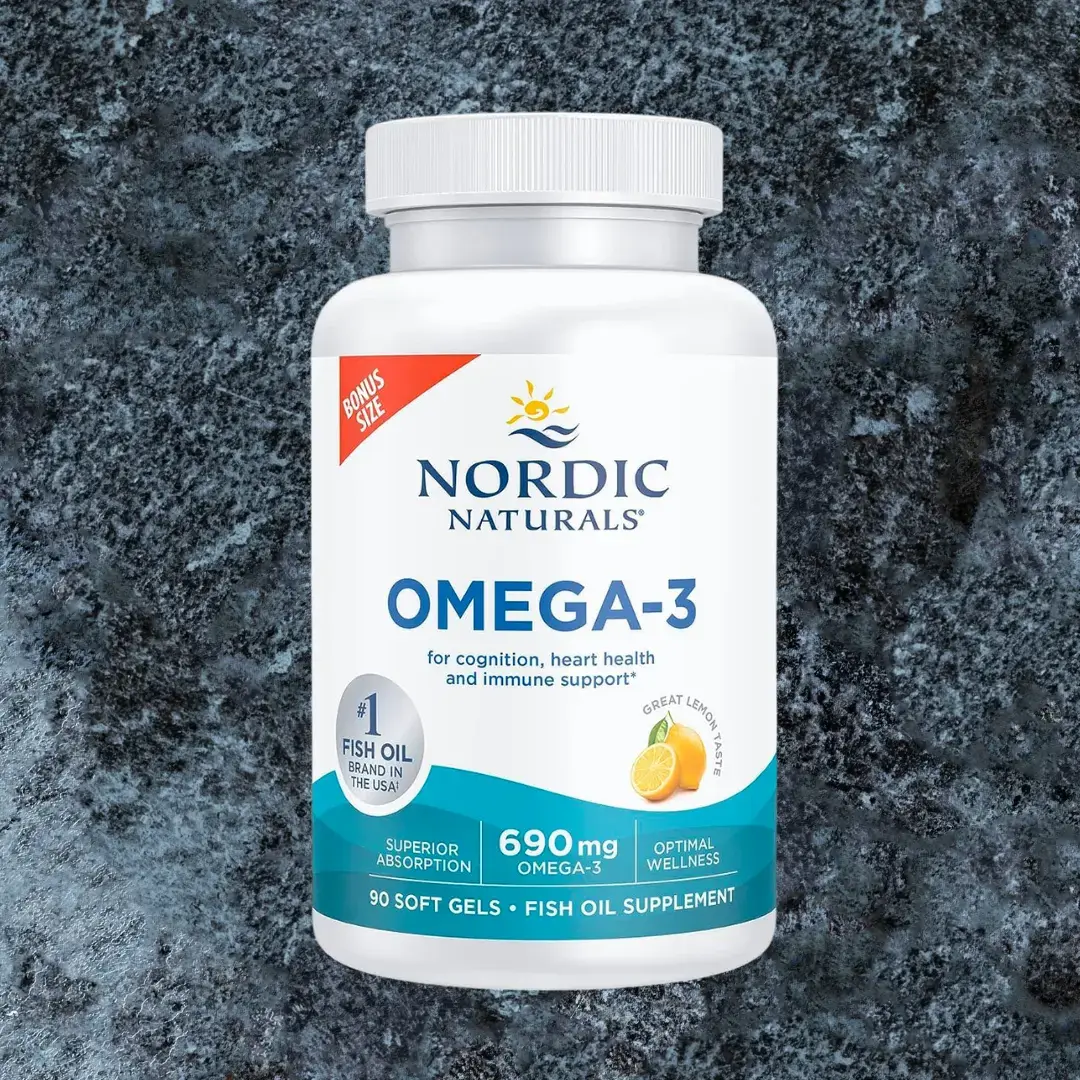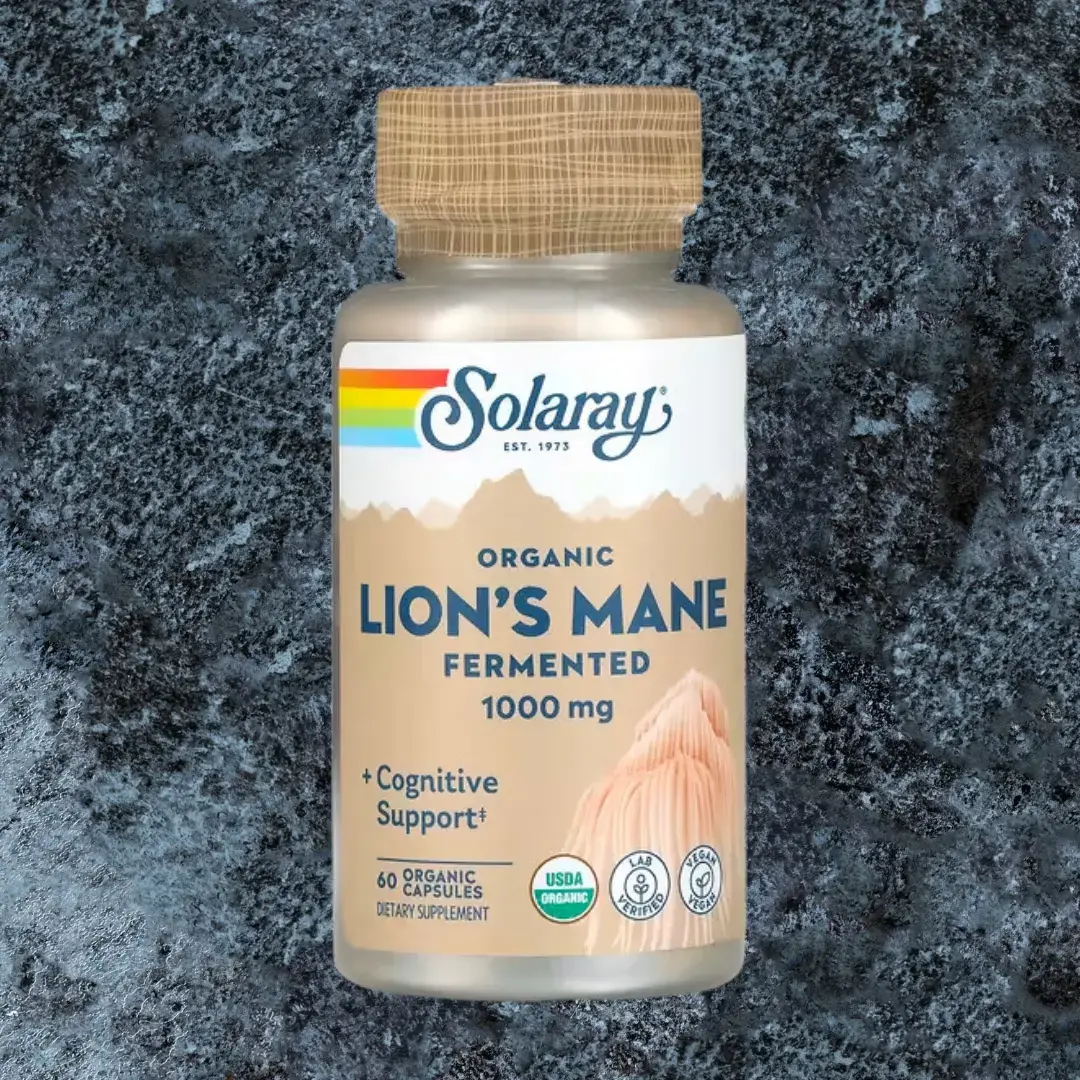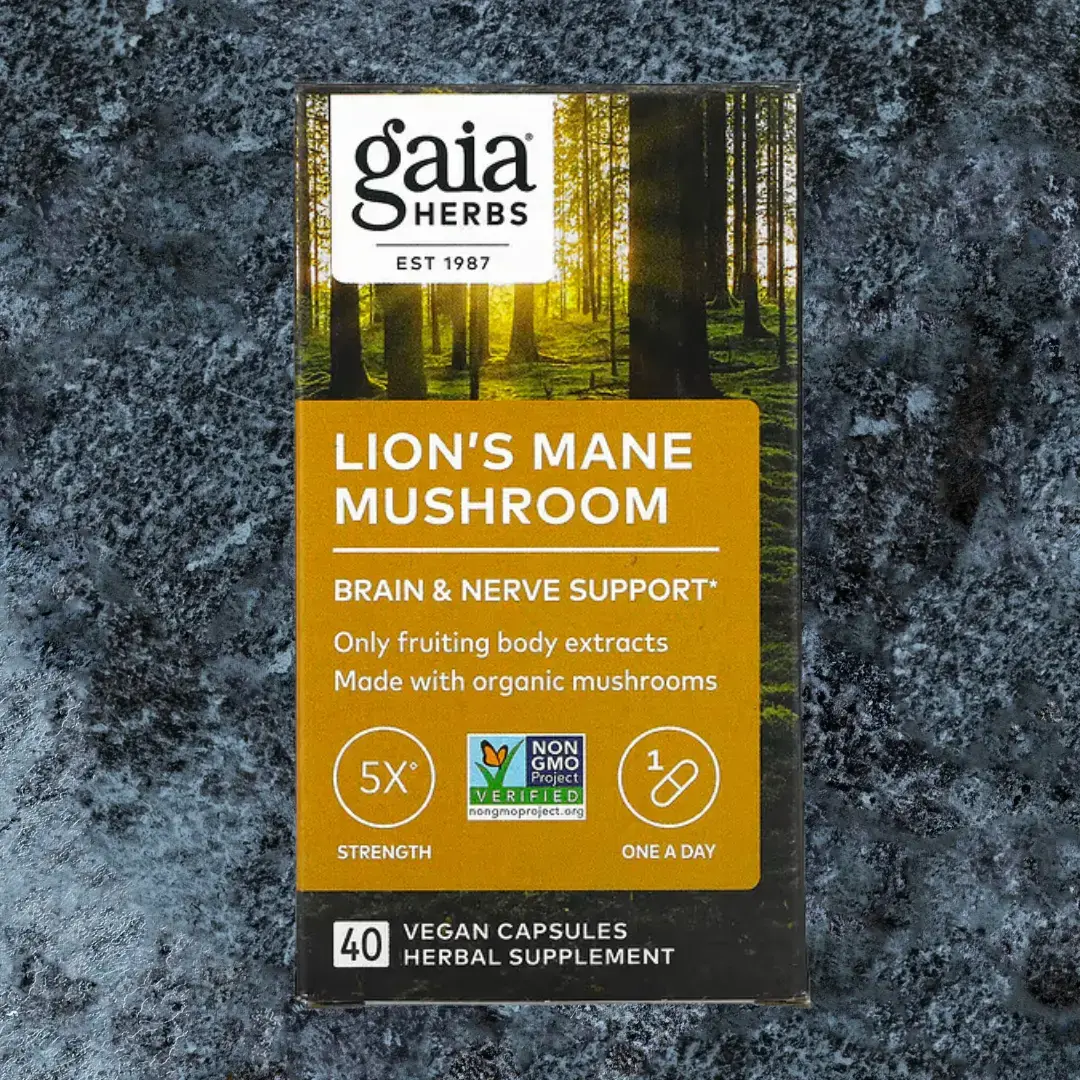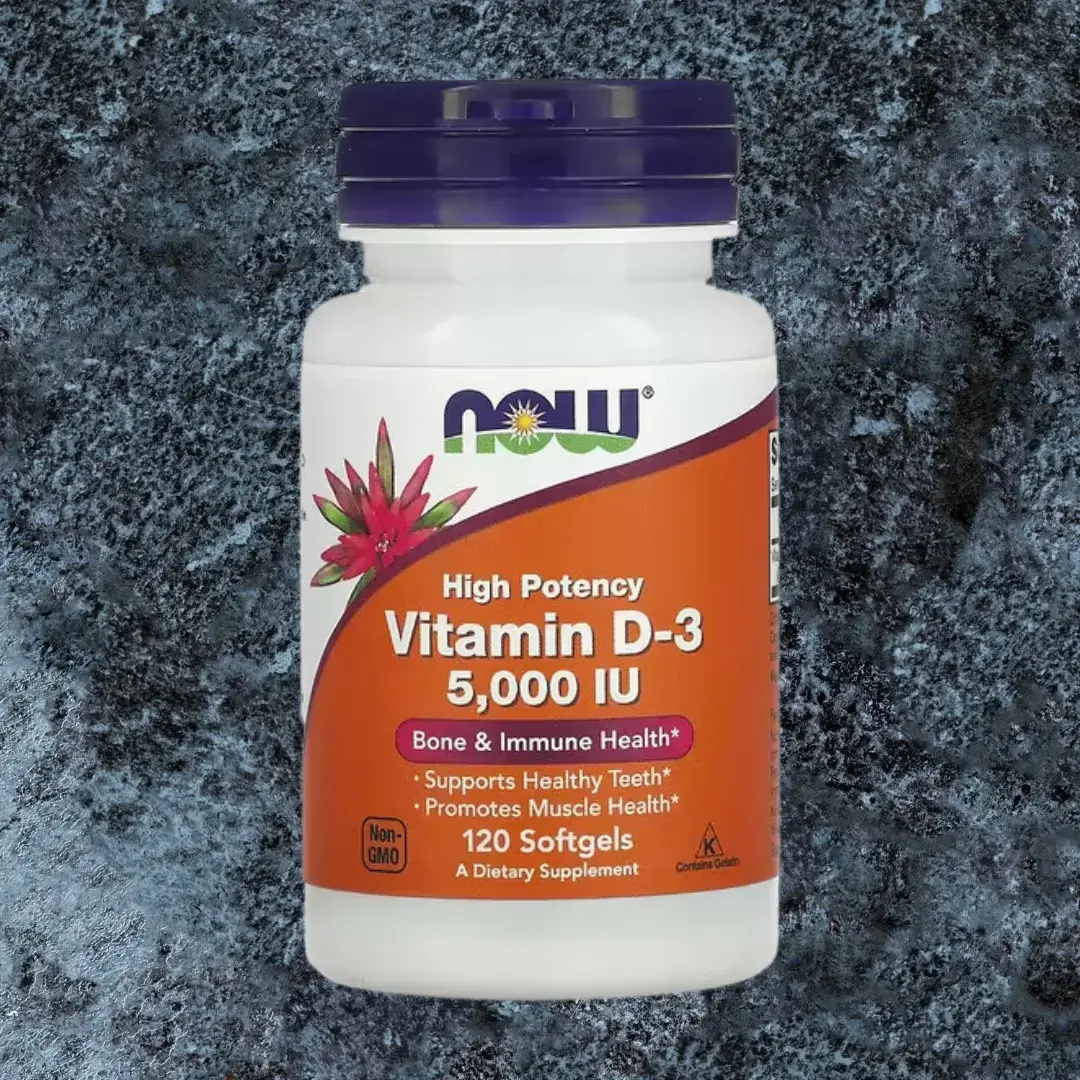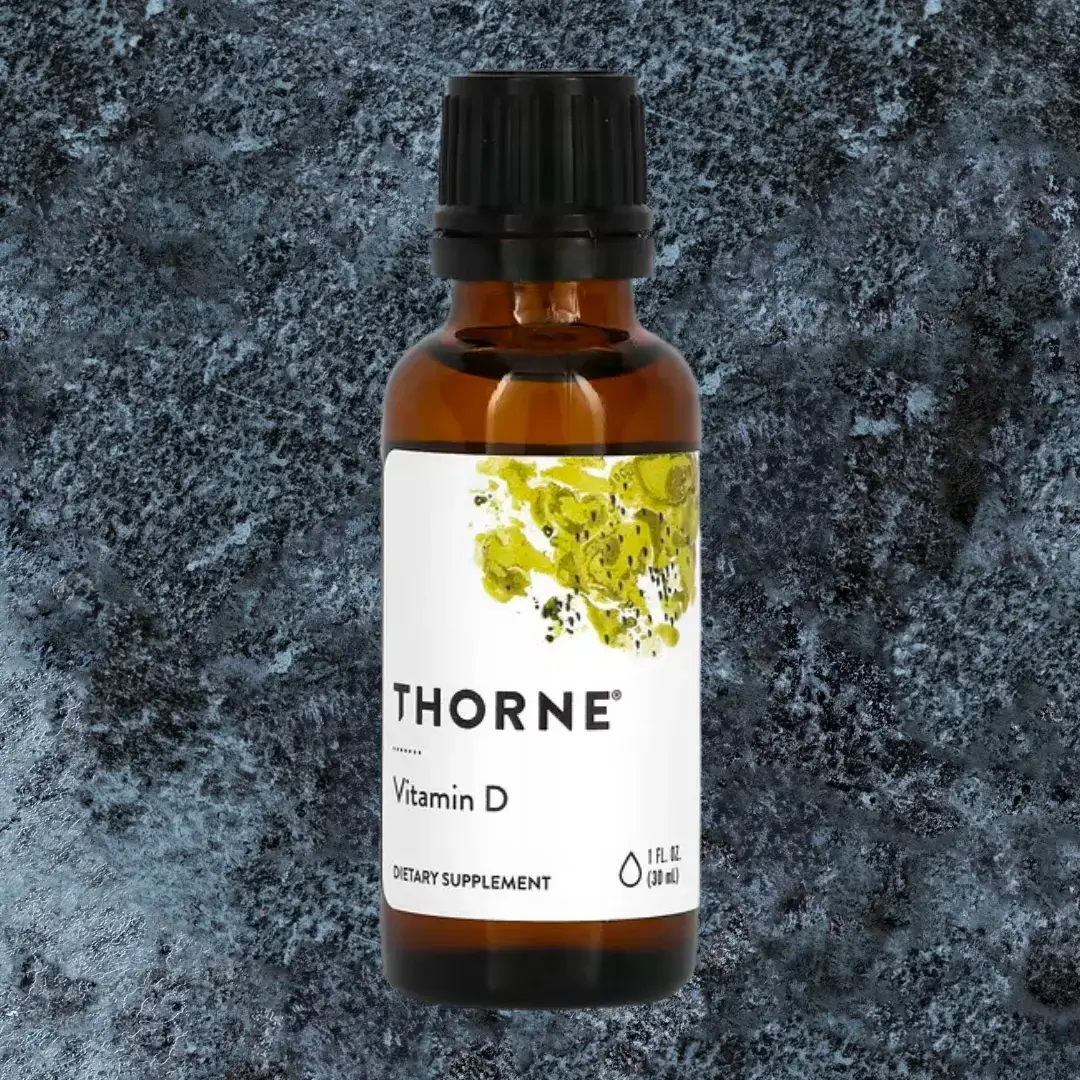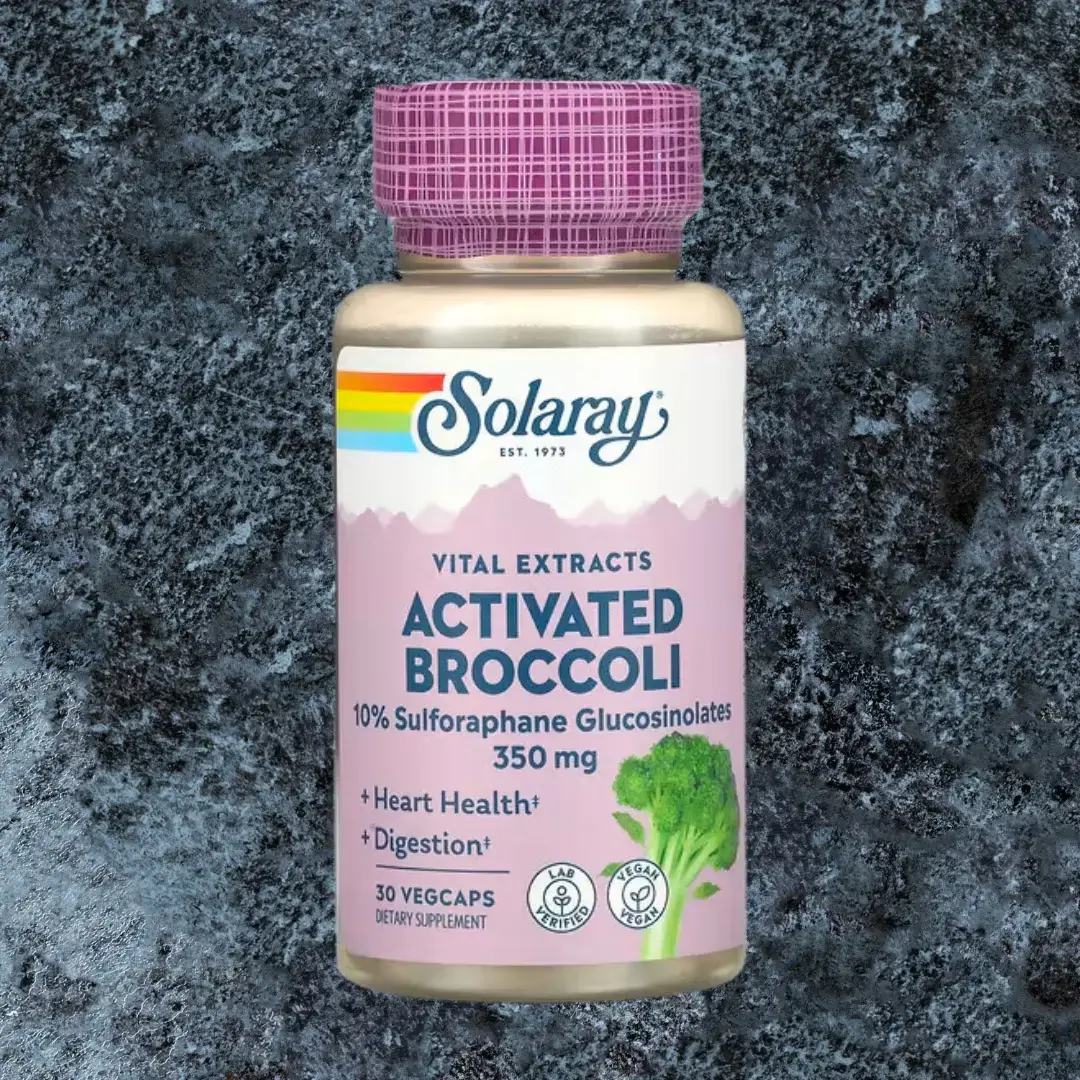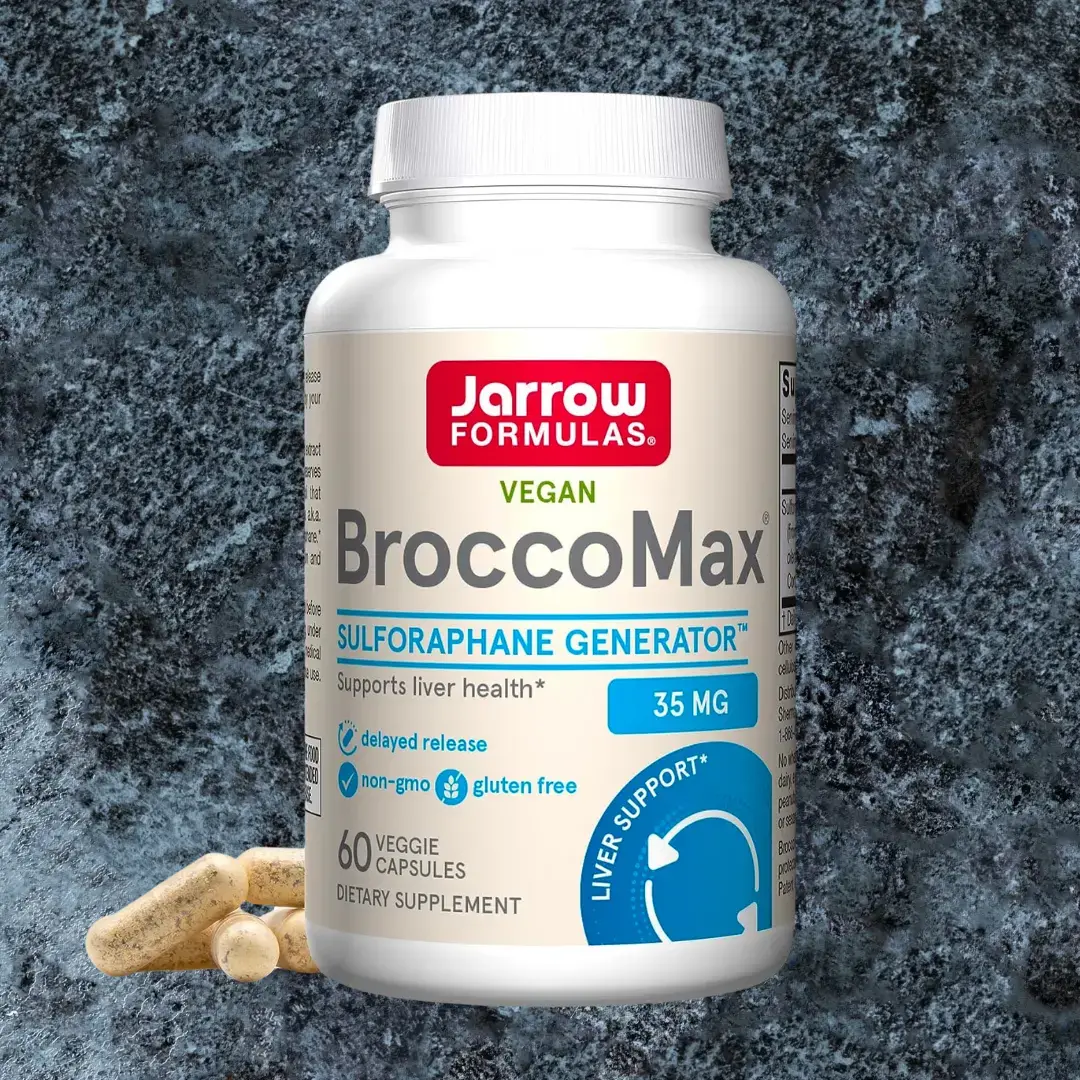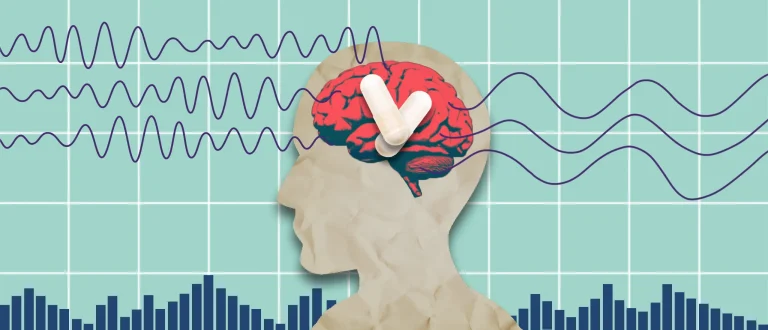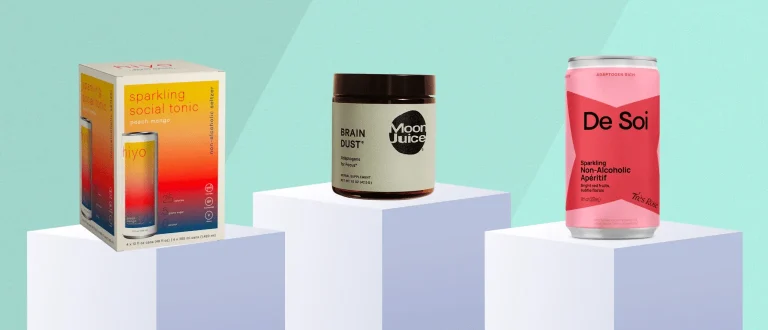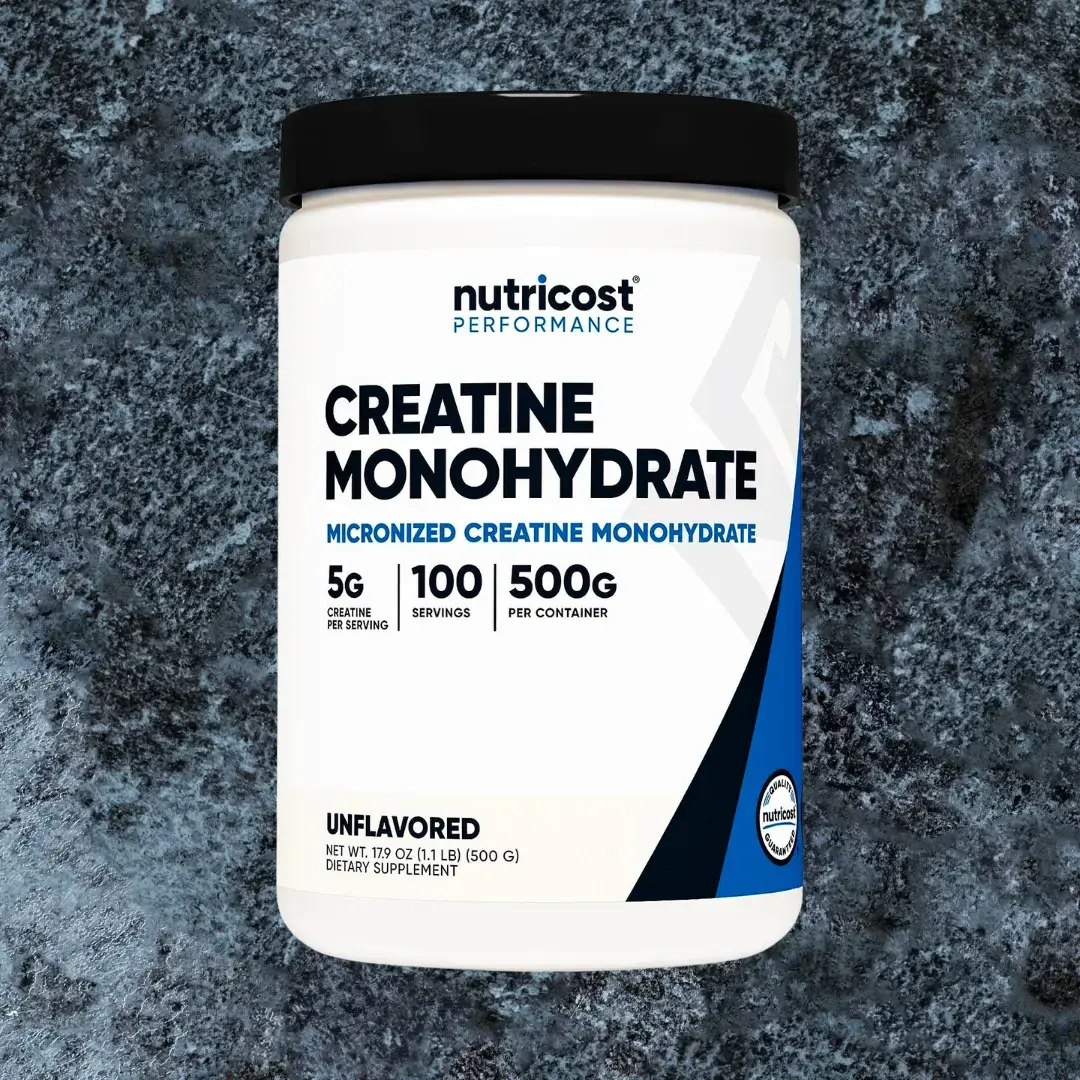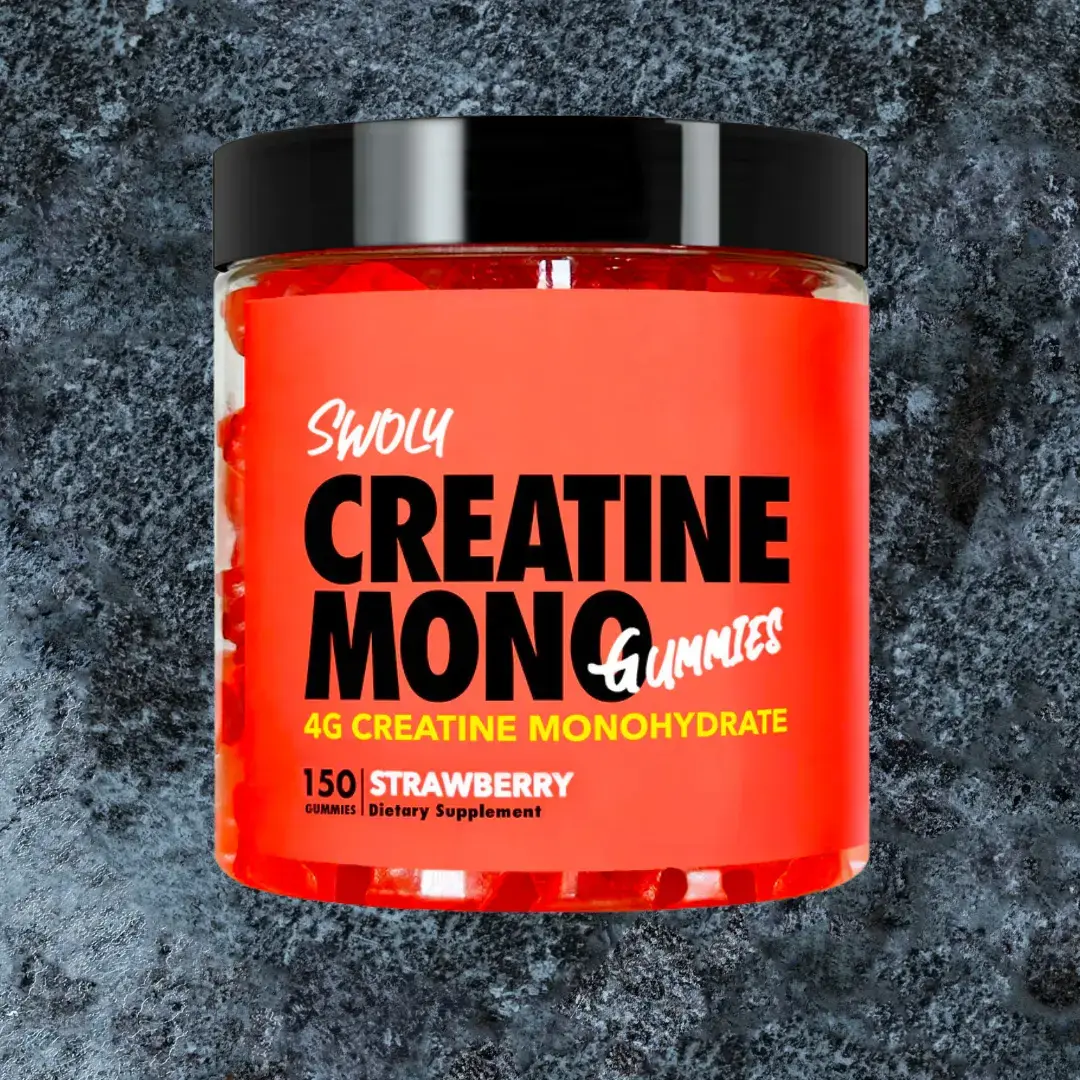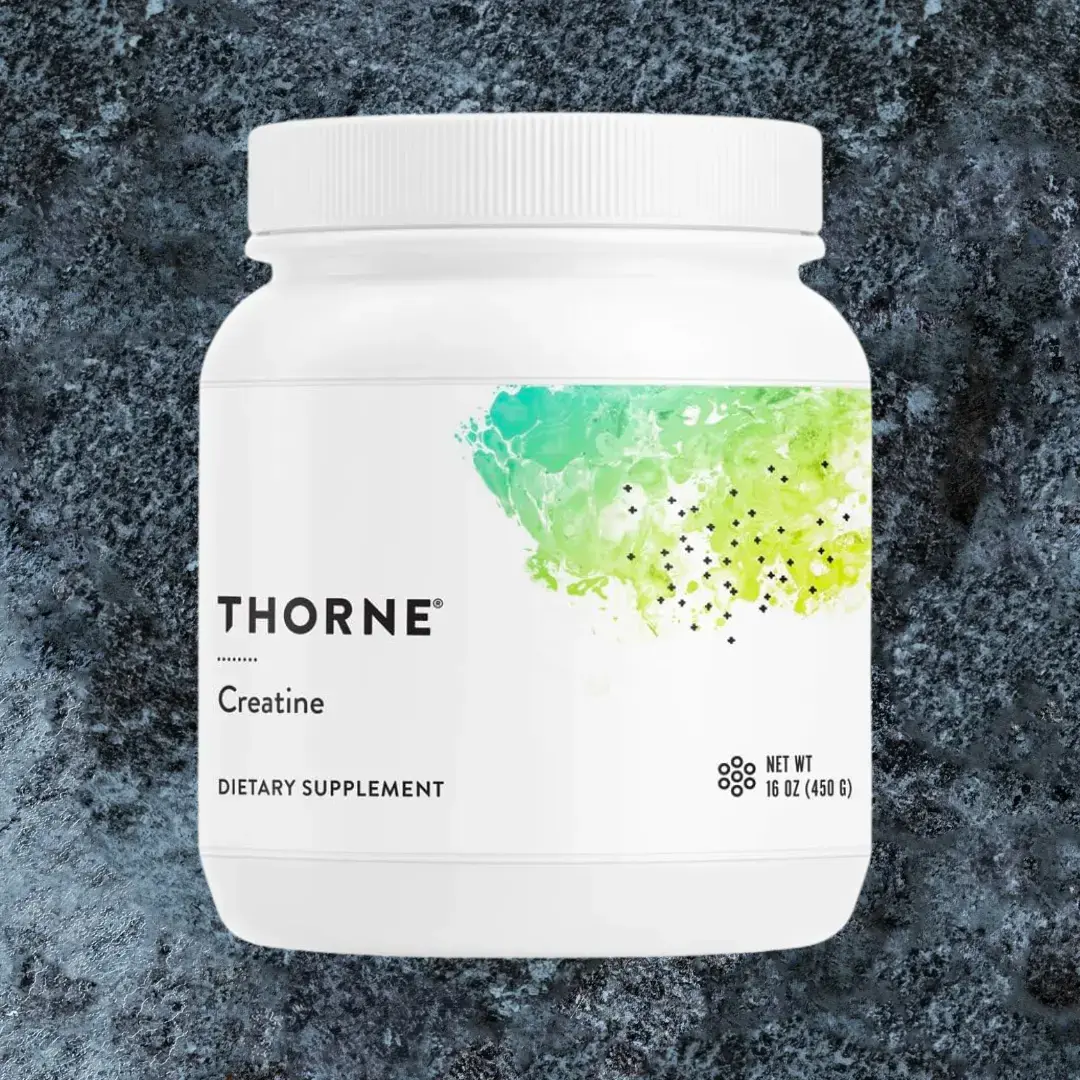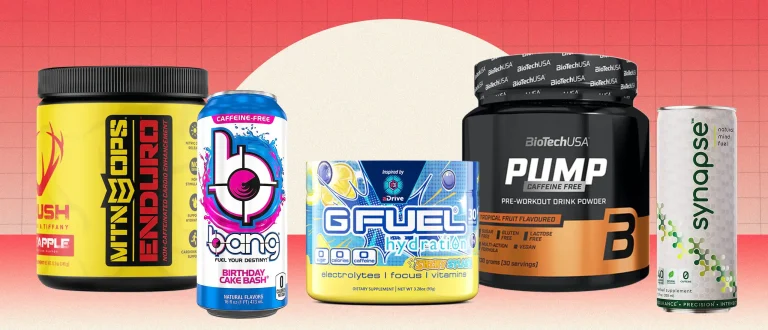Our product recommendations are selected by editors, tested first-hand, or expert-approved. We may earn a commission through links on our site.
For what it’s worth, getting better sleep, working out, and eating well can help reduce brain fog, sharpen memory, and improve cognitive performance. But when you’re strapped to your desk and need a brain boost stat, knowing that you should’ve gotten better sleep last night doesn’t exactly help. Nootropics supplements, however, might.
Nootropic supplements—sometimes called “smart drugs”—are touted for their potential to improve cognitive performance. But, according to neurophysiologist Louisa Nicola, M.S, not all nootropic supplements are created equal. Here’s everything you need to know, including the best nootropic supplements that are neurophysiologist-approved.
About the Expert
Neurophysiologist and human performance coach, Louisa Nicola is the founder and head performance advisor of Neuro Athletics – a consulting firm that boasts the best athletes in the world. By using science-driven data from EEG scans, lab tests, and cognitive assessments, Louisa has a first-class ticket inside the brain of elite NBA and MLB stars. Louisa graduated from the University of Sydney Medical School with a keen interest in neurophysiology.
What Are Nootropics?
Nootropics are a range of medicinal substances (both pharmaceutical and natural) that claim to improve cognitive performance, “particularly executive functions like memory, creativity, and motivation,” explains Nicola. They may also reduce anxiety, improve mood, help you get more restful sleep (1).
The best known pharmaceutical nootropic is Modafinil which is used in the treatment of narcolepsy, she says. Other pharmaceutical nootropics include popular prescription medications like Adderall and Ritalin.
Most over-the-counter nootropic supplements, on the other hand, are formulated with natural nootropics—a variety of herbs, vitamins, minerals, and other natural compounds that are known to have positive effects on the brain.
Benefits of Nootropics
Nootropic benefits may include the following, according to Nicola:
- Enhanced cognition
- Improved memory and learning
- Increased focus and attention span
- Boosted creativity
- Improved motivation and mood
“These effects can vary widely based on the type of nootropic and the individual,” Nicola adds. For example, some nootropics may be better for memory and learning (like Alpha GPC), while others may be better for mood (like ashwagandha). Dosage, medication interactions, genetics, and overall health also influence the impact a nootropic supplement can have.
BRAIN BOOST
Do Nootropics Actually Work?
It depends. “Some nootropics, like caffeine, have well-documented cognitive enhancing effects, while others lack robust scientific evidence,” explains Nicola. In fact, according to a review published in Nutrients, evidence of the long-term effectiveness of many nootropics is lacking, and more research is needed to evaluate their potential perks (1). Still, the initial research is promising.
Are Nootropics Safe?
Since nootropics come in various forms, such as medications, supplements, and whole foods, levels of safety may vary. “Side effects and risks of nootropics can include insomnia, dependency, heart palpitations, and gastrointestinal issues,” says Nicola. She also points out that the long-term safety and effects of nootropics are not well-studied, especially for newer synthetic nootropics.
“Natural supplements that have nootropic effects like omega-3s and vitamin D have lower risk profiles when taken in recommended amounts,” Nicola explains. Plus, opting for a well-researched supplement like omega-3s can offer benefits far beyond brain health.
MORE FOCUS
Best Nootropic Supplements
Of the multitude of nootropic supplements out there, here are the well-studied nootropics actually worth taking, per Nicola.
Alpha GPC
Think of Alpha GPC as your standard do-it-all nootropic supplement. Alpha GPC has been shown to enhance memory, learning, and attention. “It’s a precursor to acetylcholine, a neurotransmitter involved in cognitive functions (2),” says Nicola.
For an effective dose, look for a supplement with anywhere between 300 to 600 mg per day. “Alpha GPC is generally well-tolerated, but excessive doses may cause headaches, insomnia, or dizziness,” warns Nicola. It’s also cholinergic, so it may interact with other cholinergic drugs like nicotine.
Omega-3 fatty acids
“Omega-3 fatty acids are vital for maintaining cell membranes, including neurons. They have been linked to improved thinking skills and memory,” says Nicola. According to a recent review published in the American Journal of Clinical Nutrition, supplementing with omega-3s may even help to reduce the risk of Alzheimer’s disease and cognitive decline (3).
For the biggest benefits, Nicola recommends a dose of 2,000 mg per day of EHA and DHA combined. Look for wild-caught fish, antioxidants to protect the oil from rancidity, and third-party testing to avoid contaminants like heavy metals. “Take omega-3’s with a meal to improve absorption,” Nicola adds.
Lion’s mane mushroom
Lion’s mane mushrooms are an example of nootropics that are found naturally in food—in this case in the form of white, shaggy mushrooms. “Lion’s mane contains hericenones and erinacines, which may stimulate nerve growth and have potential cognitive benefits,” says Nicola. In addition to offering benefits for thinking, focus, and memory, lion’s mane mushroom might lower the risk of age-related brain diseases, like Alzheimer’s disease (4).
500 to 1,000 mg per day will do the trick, per Nicola. “Few side effects have been reported; however, more research is needed on long-term use,” she says.
Vitamin D
For well-rounded nootropic effects, consider the humble vitamin D supplement. “Vitamin D is important for overall brain health and cognitive function,” says Nicola. Recent research has also linked vitamin D to serotonin production—AKA one of the four major feel-good hormones (5). Plus, if you sit at a desk all day with limited sun exposure, you might be deficient in vitamin D anyway (6).
Nicola recommends anywhere from 1,000 to 5,000 IU per day, depending on individual needs. So, get a blood test, and narrow in your needs from there. “Vitamin D levels should be monitored, especially to avoid toxicity,” she adds.
Sulforaphane
“Found in broccoli and other cruciferous vegetables, sulforaphane is a nootropic with potential neuroprotective properties,” says Nicola. Sulforaphane is a powerful antioxidant which may protect the nervous system from a variety of toxins and diseases (7).
Aim for about 40 to 60 mg per day, says Nicola. To get your sulforaphane through food, broccoli sprouts are your best bet. However, Nicola notes they are heat sensitive, so you’ll want to eat them raw. If you prefer a supplement, look for a supplement with glucoraphanin and myrosinase like Solaray Activated Broccoli ($24) or Jarrow Formulas BroccoMax Sulforaphane Generator ($27).
ADAPTOGENS
Other Ways to Boost Cognitive Performance
Nootropic supplements aren’t the only way to give your brain a boost. Here are a few other things Nicola recommends:
Creatine
“Creatine isn’t deemed as a nootropic but it really should be,” says Nicola. While creatine is typically hailed by gym bros and athletes for its physical performance benefits, it also has impressive cognitive benefits. “Creatine has been shown to improve memory and cognitive function, particularly under conditions of sleep deprivation or cognitive stress,” she explains.
Exercise and diet
“A balanced diet and regular physical activity significantly contribute to cognitive health and should be part of any regimen aiming to improve cognitive function,” explains Nicola. Five minutes of neuro athletic training, 20 minutes of aerobic exercise a day, and four resistance training sessions a week is ideal for brain health benefits, Nicola previously told The Edge.
- Nootropic Potential of Ashwagandha Leaves: Beyond Traditional Root Extracts.
- Acetylcholine (ACh).
- The Relationship of Omega-3 Fatty Acids With Dementia and Cognitive Decline: Evidence From Prospective Cohort Studies of Supplementation, Dietary Intake, and Blood Markers.
- Therapeutic Potential of Lion’s Mane (Hericium erinaceus) in Neurological and Cognitive Disorders–A Review of the Literature.
- Effects of Vitamin D on Mood and Sleep in the Healthy Population: Interpretations from the Serotonergic Pathway.
- Prevalence, Trend, and Predictor Analyses of Vitamin D Deficiency in the US Population, 2001-2018.
- The Neuroprotective Mechanisms and Effects of Sulforaphane.

